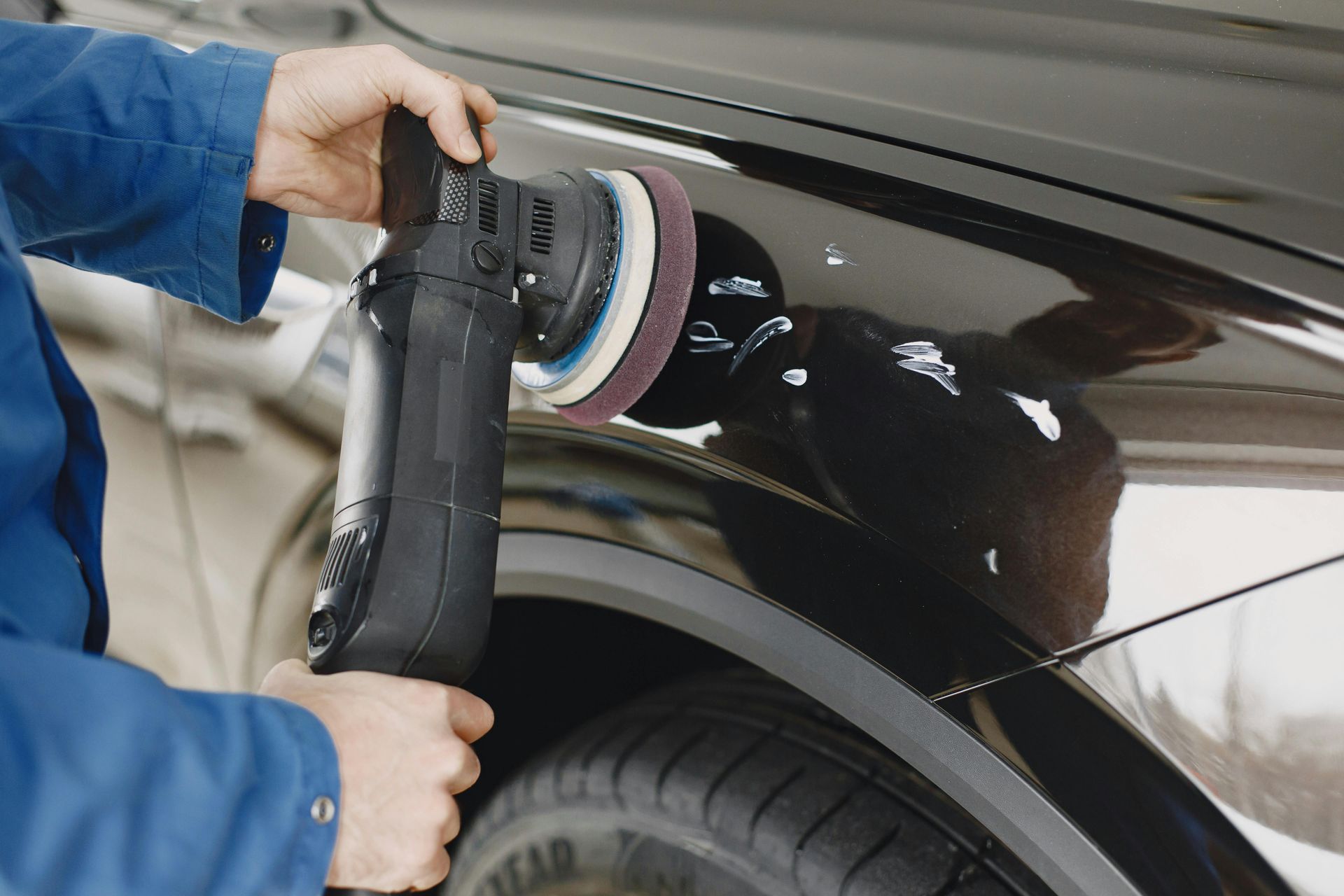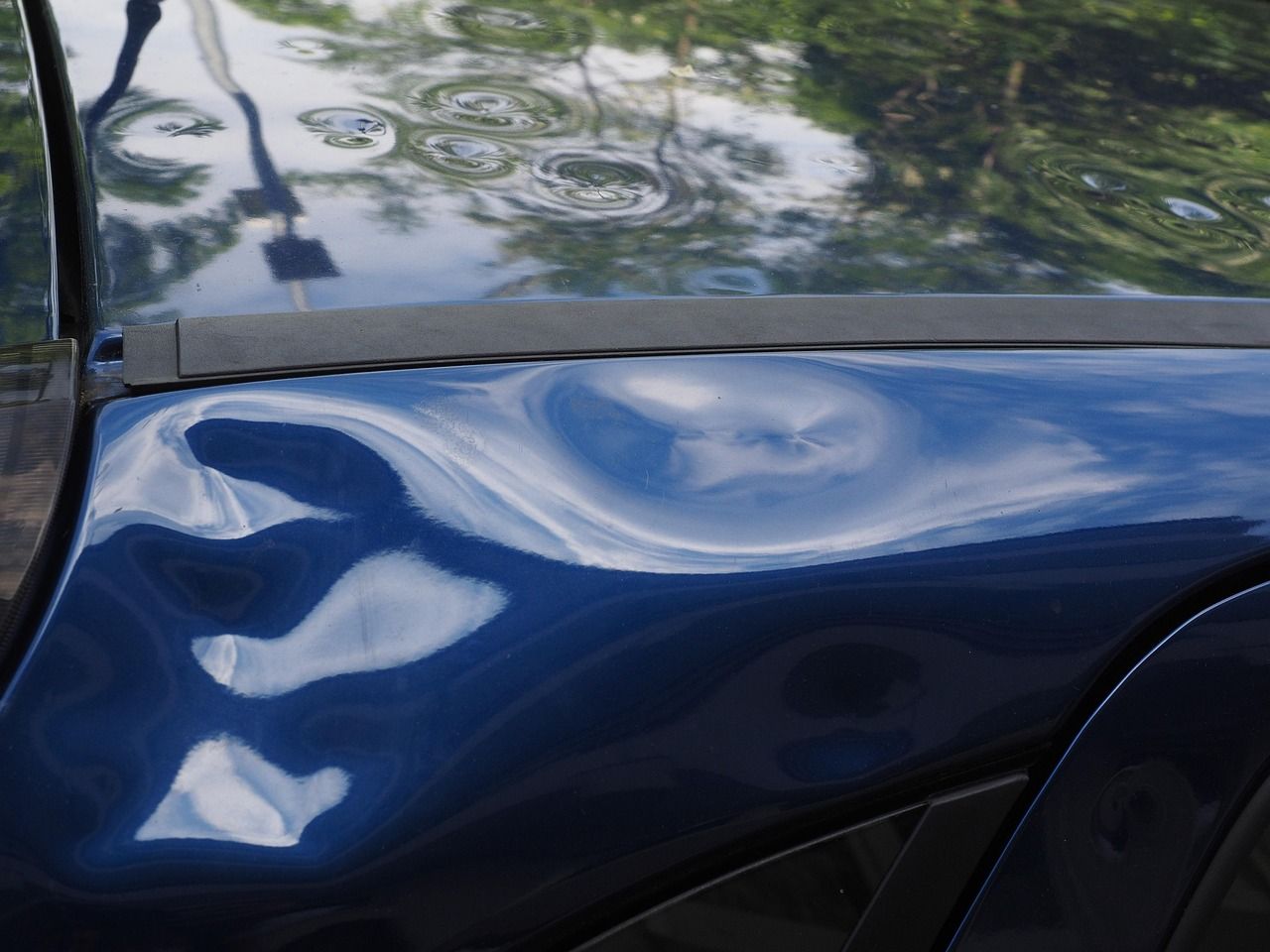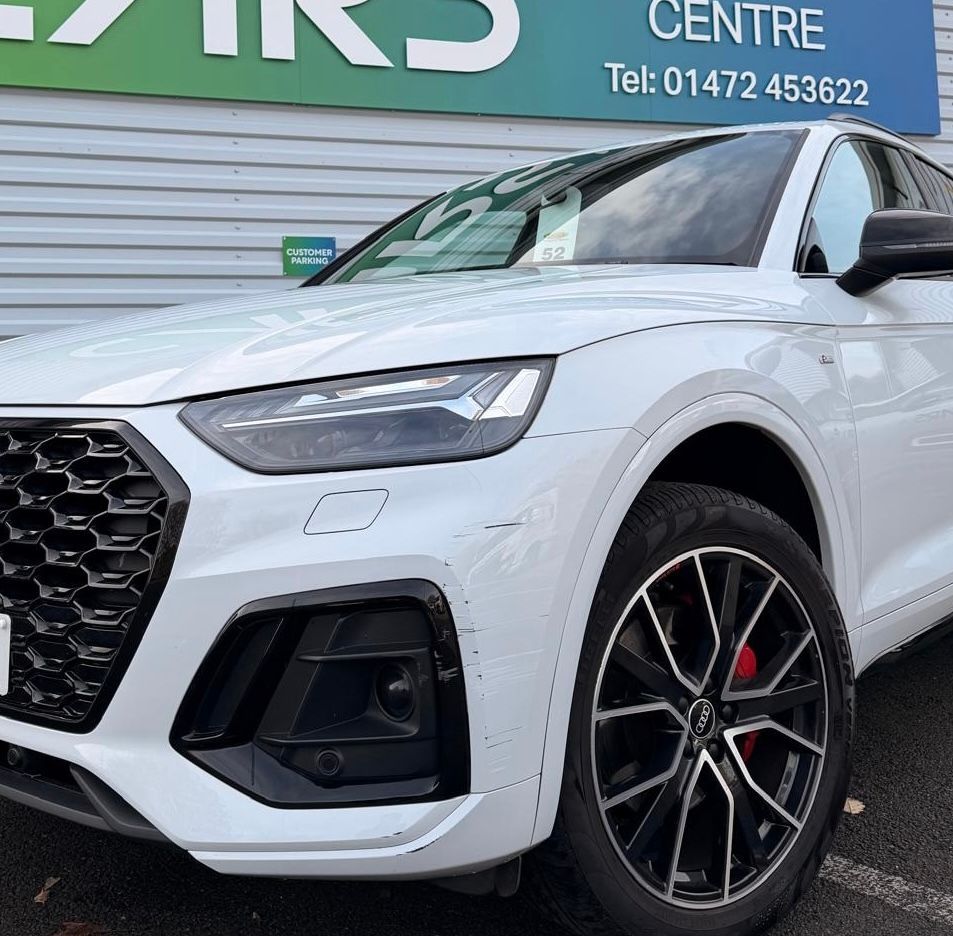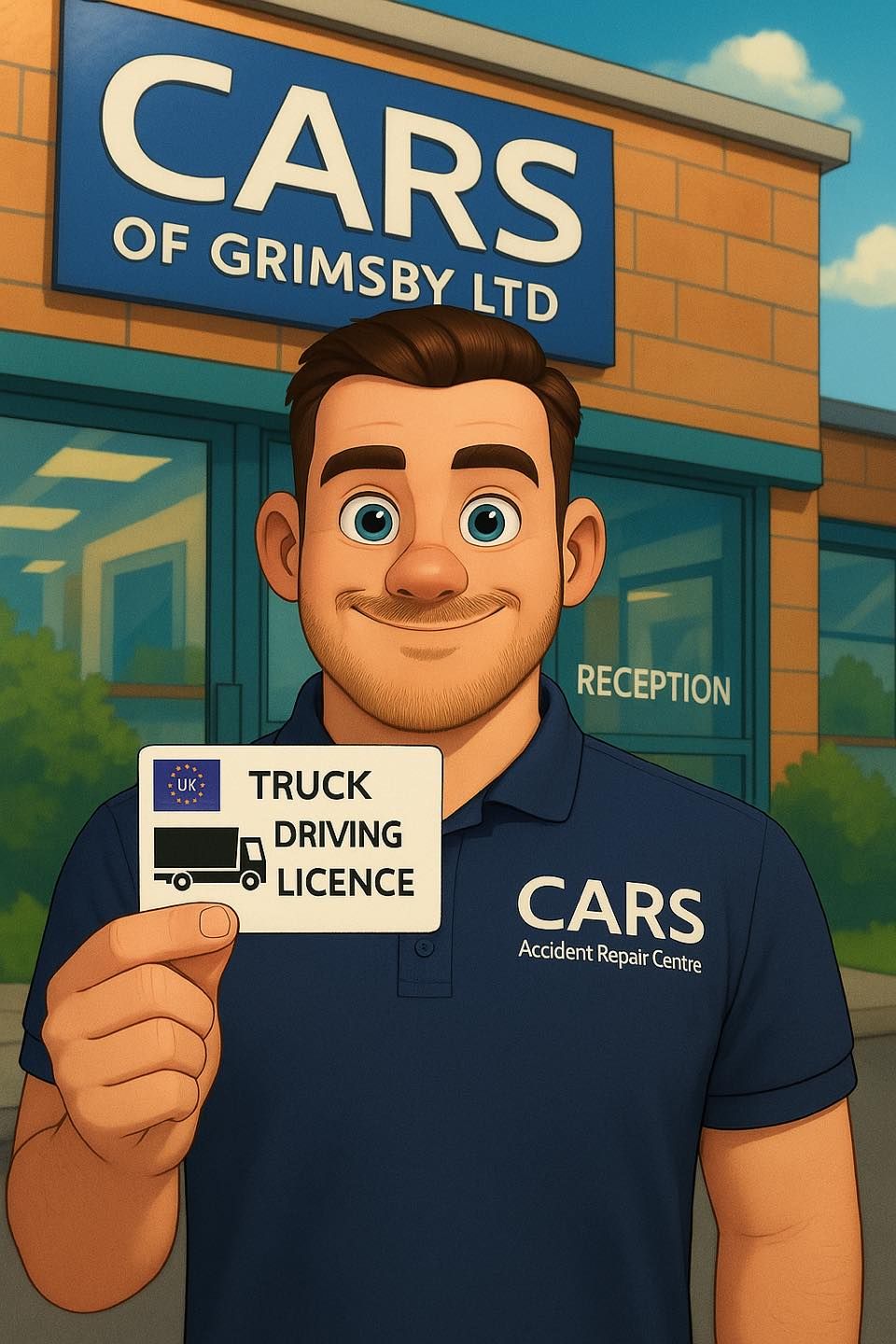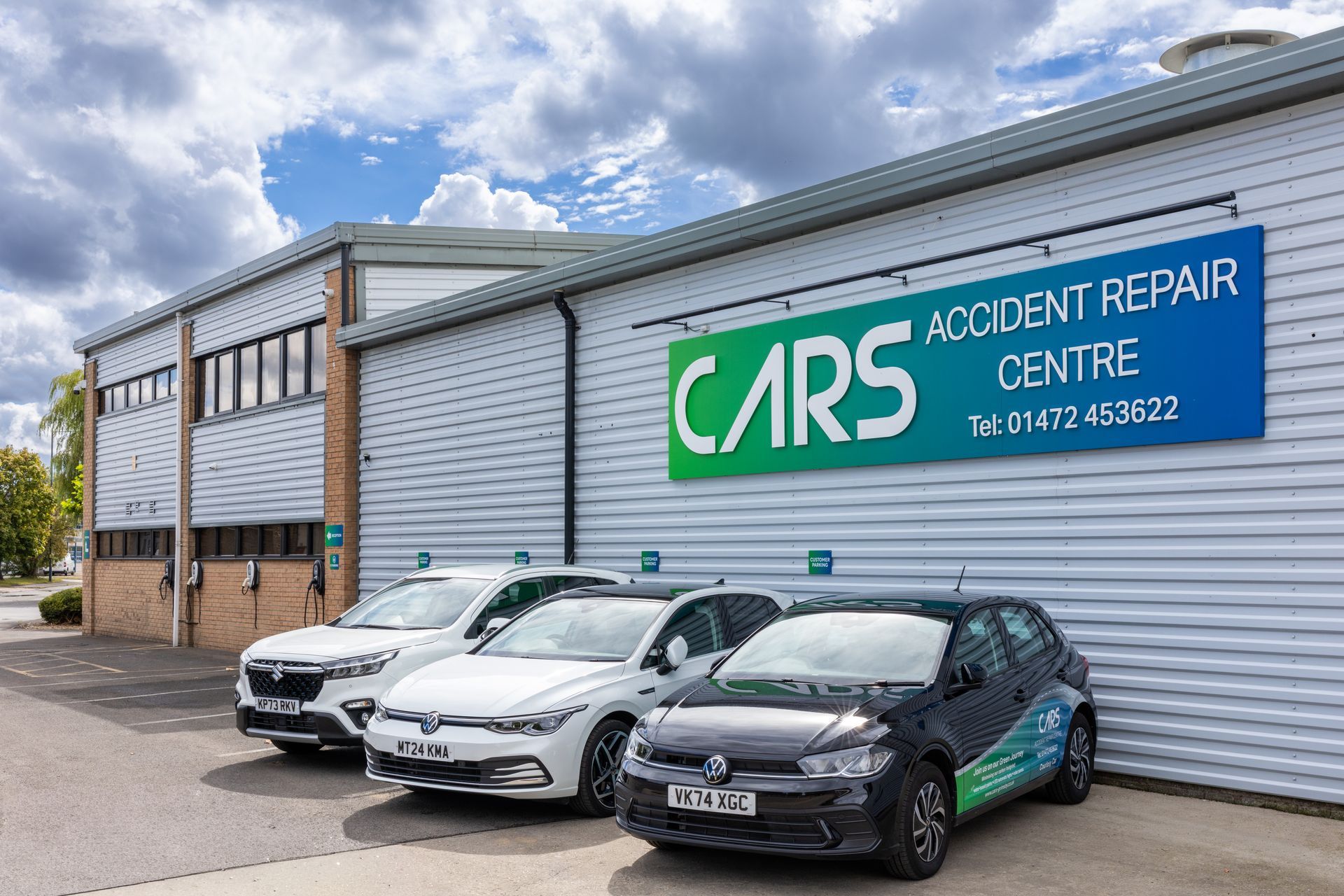How are car insurance premiums calculated?
Jason Barker • February 28, 2023
The cost of your car insurance premium is based on factors that the insurance provider will use to assess how likely you are to make a claim and how big of a risk they believe you to be. These factors include:
- Your address – Insurance providers will look at a variety of factors for your residential address, including the average claim history, the crime rate and general driving behaviour.
- Your age – Your age can affect how much you pay for car insurance. Typically, young people are considered higher risk drivers due to their inexperience and likelihood of being involved in an incident. Providers often recommend policies with telematics boxes for young drivers, as these monitor driving characteristics and adjust the premiums accordingly. Similarly, older drivers over 70 may pay more for insurance given the likelihood of an accident.
- Your occupation – Insurance providers consider whether your occupation increases or decreases the likelihood of you making a claim. For example, social and community workers may pay a higher premium due to the increased hours spent driving and chance of visiting areas which have high crime rates.
- Your driving history – Providers will consider your years of experience, prior claims and driving convictions when calculating your premium. They typically want to know of any claims made in the past five years, including any non-fault claims. If you’ve not made any claims for a year or more, you may have accrued an element of no-claims discount, which can lower the cost of future premiums.
- Your mileage – Having a higher mileage allowance is likely to increase your insurance premiums, as the further you drive, the more likely you are to be involved in an accident.
- The type of vehicle – The make and model of vehicle can impact the premiums payable. More expensive vehicles will create a higher cost for providers in the event of the vehicle being written off and your insurance cost will be higher.
- Where your vehicle is left overnight – The likelihood of car theft increases overnight, with more burglaries taking place after dark. Parking your vehicle in a garage or secure driveway is therefore considered safer than parking on a public road. If you don’t have a garage or driveway, we suggest selecting somewhere which is well-lit, with CCTV if available.
- How much excess you’re willing to pay – If you make a claim, the total excess payable is made up of compulsory excess and voluntary excess. The higher the voluntary excess, the smaller the amount needed to be contributed by the insurance provider, resulting in a lower insurance premium. However, you must select a voluntary excess amount which you could afford to pay in the event of an accident.
If you need a bit more information or want a chat about any of the above, don’t hesitate to give us a call!


